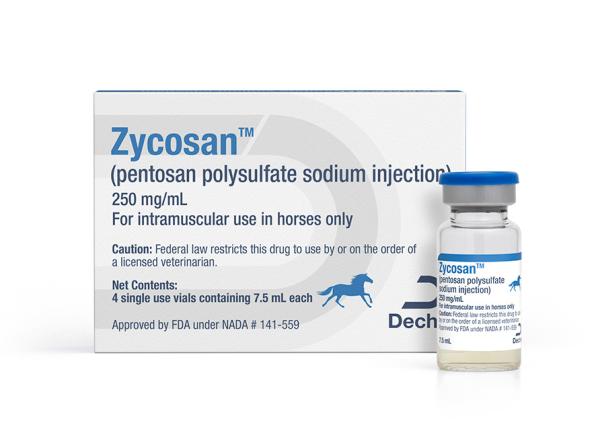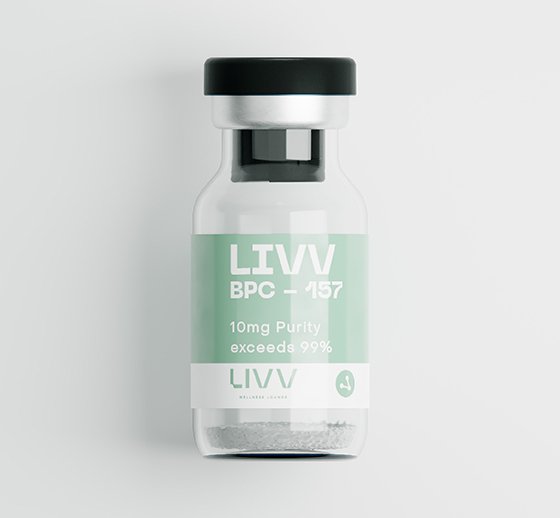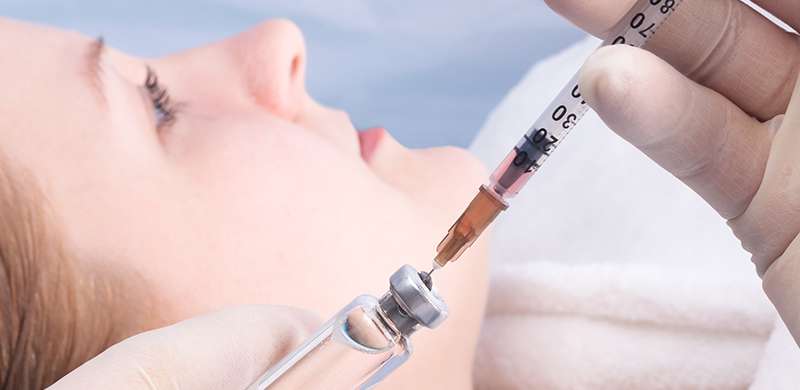BPC-157: A New Hope for Interstitial Cystitis Treatment
Have you ever wondered how a simple peptide could revolutionize treatment for interstitial cystitis (IC)? This chronic condition, known for causing persistent bladder pain and a frequent urge to urinate, can drastically affect daily life. The search for effective treatments is ongoing, and researchers are now focusing on BPC-157, a peptide that could offer new hope for those suffering from this debilitating condition.

Image source: Source
BPC-157 is derived from a protein found in the stomach and is renowned for its healing properties in various health issues. Scientists are particularly interested in its potential to reduce inflammation and promote tissue repair, which are essential in managing IC symptoms.

Image source: Source
Current treatments for IC, such as pentosan polysulfate, often have limitations. Patients have reported treatment failures after a year, and there are concerns about potential long-term side effects. BPC-157 is emerging as a potential game-changer. While not yet approved by the FDA, its promising effects in early studies are generating interest and hope among researchers and patients alike.

Image source: Source
In a world where IC significantly impacts quality of life, the exploration of BPC-157 offers a glimmer of hope. Imagine a future where managing this condition becomes easier and more effective. As researchers continue to study this peptide, the possibility of a breakthrough treatment seems closer than ever. For more detailed insights into this study, you can check the full research publication on PubMed.

Image source: Source
Understanding Interstitial Cystitis and Current Challenges
Interstitial cystitis, often referred to as bladder pain syndrome, is a condition characterized by persistent pain and discomfort in the bladder area. For those affected, this can mean a constant urge to urinate, accompanied by a burning sensation and pain that doesn’t subside. The challenge of managing this condition is compounded by the fact that its exact cause remains unknown, making it difficult to find a universally effective treatment.

Image source: Source
This condition can significantly impair the quality of life, transforming everyday tasks into daunting challenges. Many patients report that existing treatments, such as pentosan polysulfate sodium, provide only limited relief, with some experiencing diminishing effects over time. This has driven a search for alternative solutions.
A major obstacle is that interstitial cystitis shares symptoms with other urinary disorders, which can delay accurate diagnosis and effective treatment. The unpredictable nature of symptom flare-ups adds to the difficulty of managing the condition, akin to trying to control a storm that varies in intensity each time it appears.
Given these challenges, there is growing interest in exploring new treatments. Researchers are investigating options like BPC-157, a peptide not yet approved by the FDA, as a potential therapy. The ongoing quest for more effective treatments aims to provide better relief and improve the quality of life for those affected by interstitial cystitis.
BPC-157 A Beacon of Hope
Imagine BPC-157 as a tiny superhero tirelessly working inside your body. This peptide, originally found in the stomach, is renowned for its healing capabilities. Researchers are now exploring its potential in addressing interstitial cystitis, a condition often described as painful and challenging. But how does BPC-157 operate in this context? Let’s delve into the possibilities and why it might be considered a beacon of hope.
BPC-157’s strength lies in its anti-inflammatory properties and ability to promote healing. It acts like a skilled repair team, mending the body’s internal damage. For those suffering from interstitial cystitis, characterized by chronic bladder pain, this peptide could offer significant relief, especially for those who haven’t found success with current treatments. The peptide’s potential to alleviate the painful symptoms of this condition is particularly promising.

Image source: Source
Recent research, including a pilot study, has highlighted BPC-157’s potential. Although the study is in its early stages, the results are promising and encourage further exploration. Currently, BPC-157 is not FDA-approved for this use, but the scientific community remains enthusiastic about its possibilities. Could this peptide unlock new treatment avenues for interstitial cystitis? While more research is needed, BPC-157 stands out as a potential treatment and a symbol of hope for those seeking relief. For detailed insights into the study findings, explore the research further in the publication: Effect of BPC-157 on Symptoms in Patients with Interstitial Cystitis: A Pilot Study.
The Pilot Study: BPC-157 in Action
Imagine being part of a groundbreaking study that could change how we approach interstitial cystitis, a condition that’s been challenging to treat effectively. This is precisely what researchers at the UroGyn Specialists of Florida set out to explore in a pilot study from January 2023 to June 2024. The focus was on BPC-157, a promising peptide, and its potential to alleviate symptoms for those who felt they had exhausted their options.
The study included 12 women aged between 39 and 76, all of whom had experienced persistent bladder pain despite conventional therapies like pentosan polysulfate. These women were carefully selected to test BPC-157’s potential effectiveness.

Image source: Source
The protocol involved administering a 10 mg injection of BPC-157 directly into the area of bladder inflammation. This targeted approach aimed to maximize the peptide’s benefits and allowed researchers to closely monitor changes in symptoms. The precision of this method offered hope that BPC-157 could provide relief where other treatments had failed.
Although the study’s scale was small, the potential implications are significant, paving a new pathway for those seeking relief from interstitial cystitis. The findings from this pilot study showcase the innovative approaches being explored to tackle this challenging condition. For more detailed information, you can refer to the study on PubMed.
BPC-157 Study Results and Future Implications
The findings from the pilot study on BPC-157 are indeed promising. Picture yourself among the ten participants who experienced complete relief from interstitial cystitis symptoms—like emerging from a long, uncomfortable dream. For two others, achieving an 80% improvement still represents a significant leap forward. These results suggest that BPC-157 might be the breakthrough we’ve been searching for in managing this challenging condition.

Image source: Source
What makes these results so encouraging? The absence of severe side effects is a critical factor. In medical treatments for chronic conditions like interstitial cystitis, finding a solution that is both effective and safe is akin to striking gold. The study reported no adverse events, and every participant gave a perfect score on the Global Response Assessment, indicating not just symptom improvement but genuine satisfaction with the results. PubMed.
Could BPC-157 be a game-changer for interstitial cystitis? The potential is there. The peptide, not yet FDA-approved for this use, offers a beacon of hope. Current research aims to unravel how BPC-157 achieves these results. Does it work by reducing inflammation or modulating pain? These questions drive researchers as they explore its potential further.
As we look to the future, the implications of these findings are profound. BPC-157 may play a pivotal role in treatment plans, providing relief where other therapies have faltered. While the journey is far from over and more research is necessary, these findings mark an exciting step forward in the fight against this debilitating condition.
Looking Ahead: Future Research and Treatment Potential
The future of BPC-157 as a treatment for interstitial cystitis is promising, paving the way for innovative medical interventions. Before these possibilities can become reality, larger and more comprehensive studies are necessary. These studies aim to prove how well BPC-157 works and assess its long-term safety and effects.

Image source: Source
Initial findings suggest significant potential for BPC-157 in alleviating interstitial cystitis symptoms. However, the path to mainstream treatment involves conducting randomized controlled trials with larger participant groups to verify the results reliably. Such research is vital for establishing the peptide’s effectiveness and safety.
Understanding how BPC-157 functions will be vital for its future use. While its ability to reduce inflammation and promote healing is known, the precise interactions within the bladder’s environment require further investigation. Researchers must explore how BPC-157 works at the cellular level and its potential impact on bladder tissue over time.
The possibilities are vast. As researchers continue to explore BPC-157, hopes are high that it could revolutionize treatment options for interstitial cystitis and inspire new therapies for other chronic inflammatory conditions. The future holds promise, and the scientific community eagerly anticipates upcoming advancements.
For more detailed insights into the latest research findings, check the study titled “Effect of BPC-157 on Symptoms in Patients with Interstitial Cystitis: A Pilot Study” available on PubMed.
BPC-157: An Emerging Hope for IC Treatment
Exploring the impact of BPC-157 on interstitial cystitis reveals a potentially transformative avenue for treatment. The initial results from pilot studies are promising, indicating that BPC-157 might offer relief where other treatments have been inadequate. While extensive research is required to confirm these findings, the data offers a glimmer of hope for those suffering from this debilitating condition.
The question remains: could this peptide be the breakthrough interstitial cystitis sufferers have been waiting for? The answer is hopeful, yet not definitive. The medical community and patients are closely monitoring ongoing research to further understand the potential of BPC-157. Staying informed with the latest developments is crucial for those affected. As BPC-157 continues to be investigated, it represents an exciting potential shift in the treatment landscape of interstitial cystitis.
For a deeper dive into the initial study findings, refer to the full study on PubMed.
